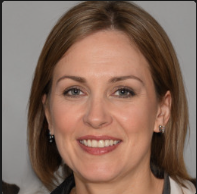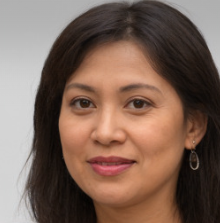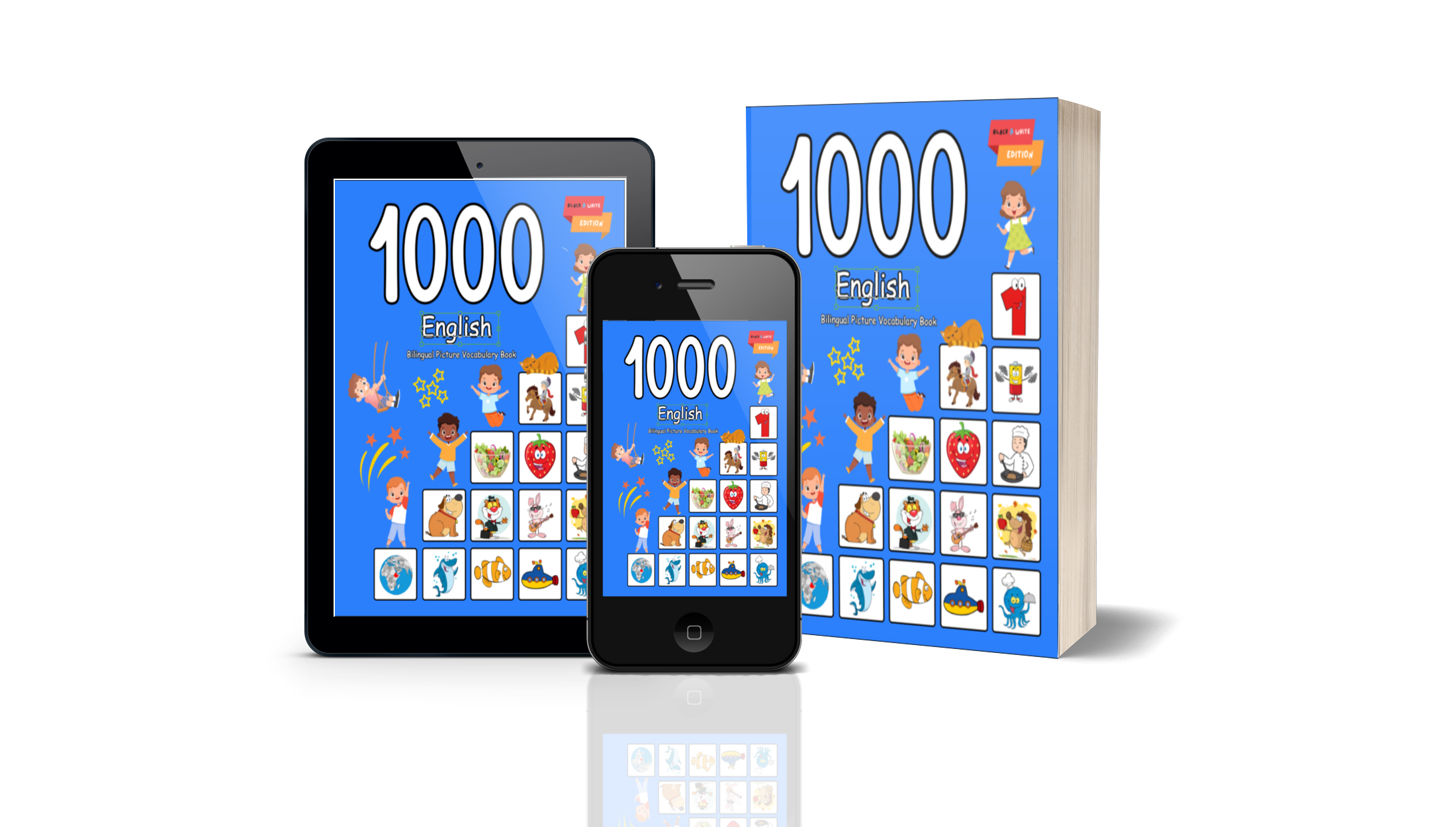I believe that this book is an excellent choice for parents who want to give their children the gift of bilingualism. By building a strong foundation in a second language, children can open up a world of opportunities and gain a deeper appreciation for different cultures. Overall, I highly recommend this book to any parent who wants to support their child's language learning journey.

This book is an essential tool for parents who want to help their children build a strong foundation in a second language. The first 1000 words are crucial for language development, and this book provides an excellent way for children to learn them in a fun and interactive way. The pronunciation guides are particularly helpful for parents who may not be fluent in the second language. Overall, I believe that this book is an excellent investment for any family who values bilingualism and wants to support their child's language learning journey.

Overall, I think that this book is an excellent investment for any family who values language learning. It is a comprehensive resource that can support children's language development and set them up for success in the future.


